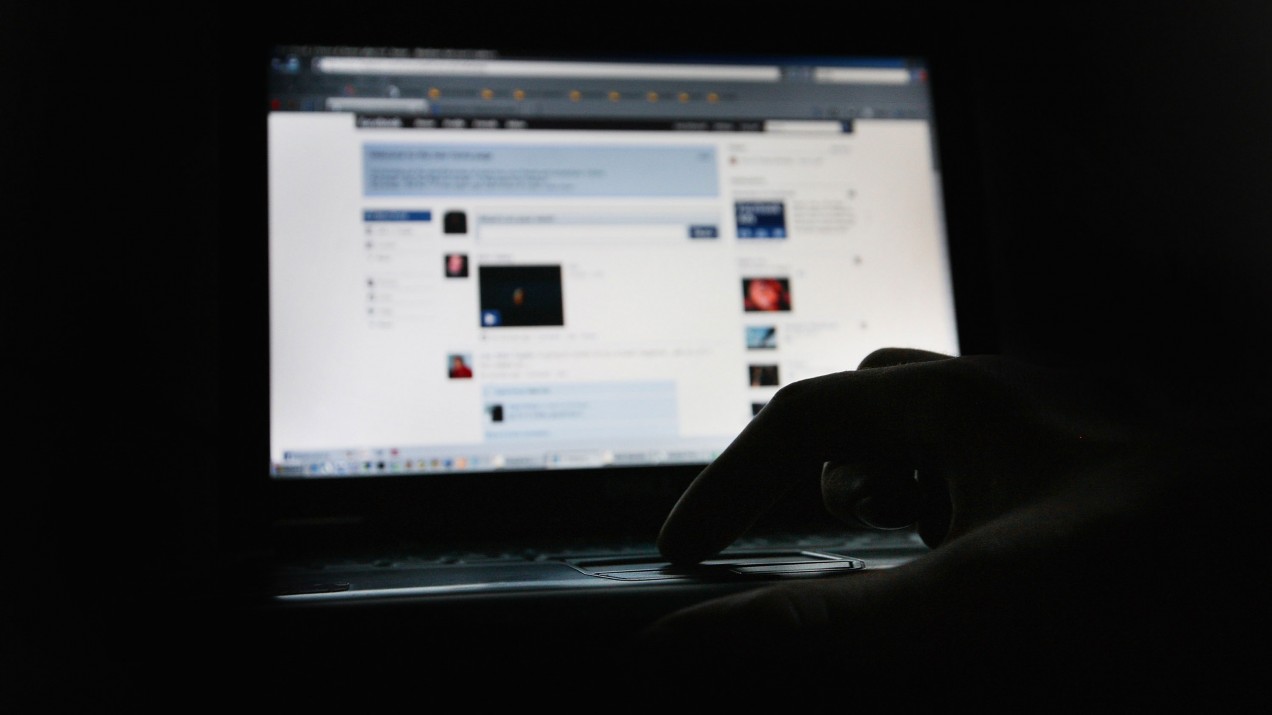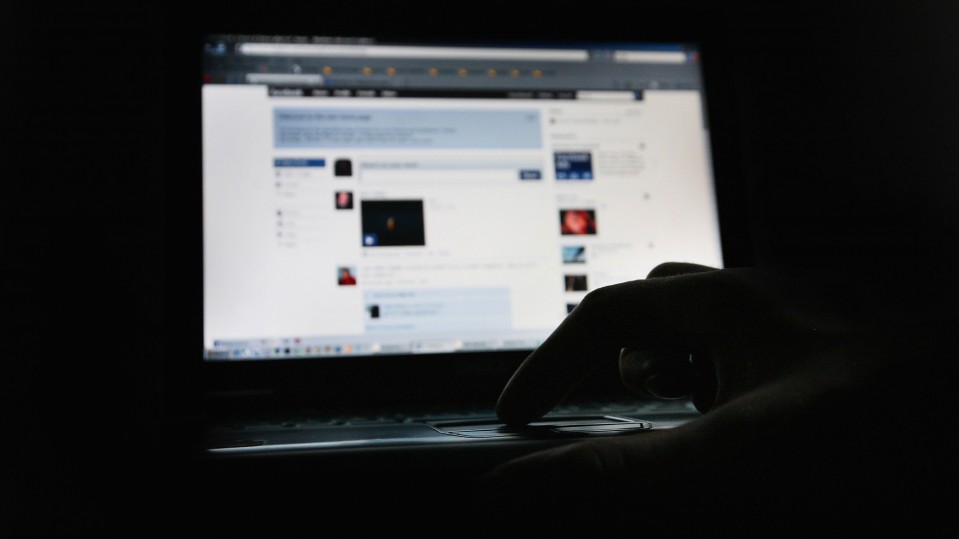

Silicon Valley / Facebook
How much money would you want to quit Facebook for a year? Most people say $1,000.
Despite all the recent scandals, so many of us still stick with Facebook. This study might explain why.

Facebook might be free to use—but that doesn’t mean it’s worthless to its 2.3 billion users. In fact, a new study reveals that Facebook users would need to be paid, on average, more than $1,000 to deactivate their account for one year.
“This shows that just because we don’t pay for Facebook, that doesn’t mean we don’t value it,” says Sean Cash, an economist at Tufts University, who was the coauthor of the study, published in the journal PLOS ONE today. The aim was to calculate what economists call the “consumer surplus”: the gap between what we would be willing to pay for something and what we actually pay.
The study used three different auctions—two involving students at universities and one with adults on Amazon’s Mechanical Turk—to try to quantify the value US users place on Facebook. Participants bid to be paid to give up their account, and whoever placed the lowest bid “won.” Bids to switch off Facebook ranged from $1,139 up to $2,076. People who used Snapchat or Instagram more had lower bids, suggesting that these platforms can act as substitutes to an extent.
Auction winners were paid (with real money) to deactivate their account for periods ranging from an hour to a year, once they’d provided proof they’d completed the challenge.
The study may help explain the paradoxical fact that when mistrust of Facebook is at an all-time high (thanks to a year of data privacy scandals), there’s little evidence that people are abandoning the platform, although young people are using it less.
“Part of the reason people stay on Facebook, despite real concerns about how it’s used or misused, is quite simply, we still get a lot of joy from it,” Cash says.
It may also reflect the fact that many people’s lives are intertwined with Facebook. “You might have over a decade of photos, you might use it to organize study groups … someone in their 20s could have been on Facebook all of their adult life,” he adds.
“Digital social interaction can be just as much a part of your life now as any ‘offline’ forms,” says Holly Powell-Jones, a member of the sociology department at City University of London, who was not part of the team.
She reckons that for many, reluctance to leave Facebook could be less about losing touch with the people they love (there are other platforms they could use) and more because it could cause “identity anxiety.”
“The lack of status updates and photos means you could be ‘absent’ in the minds of others in your social network,” she adds.